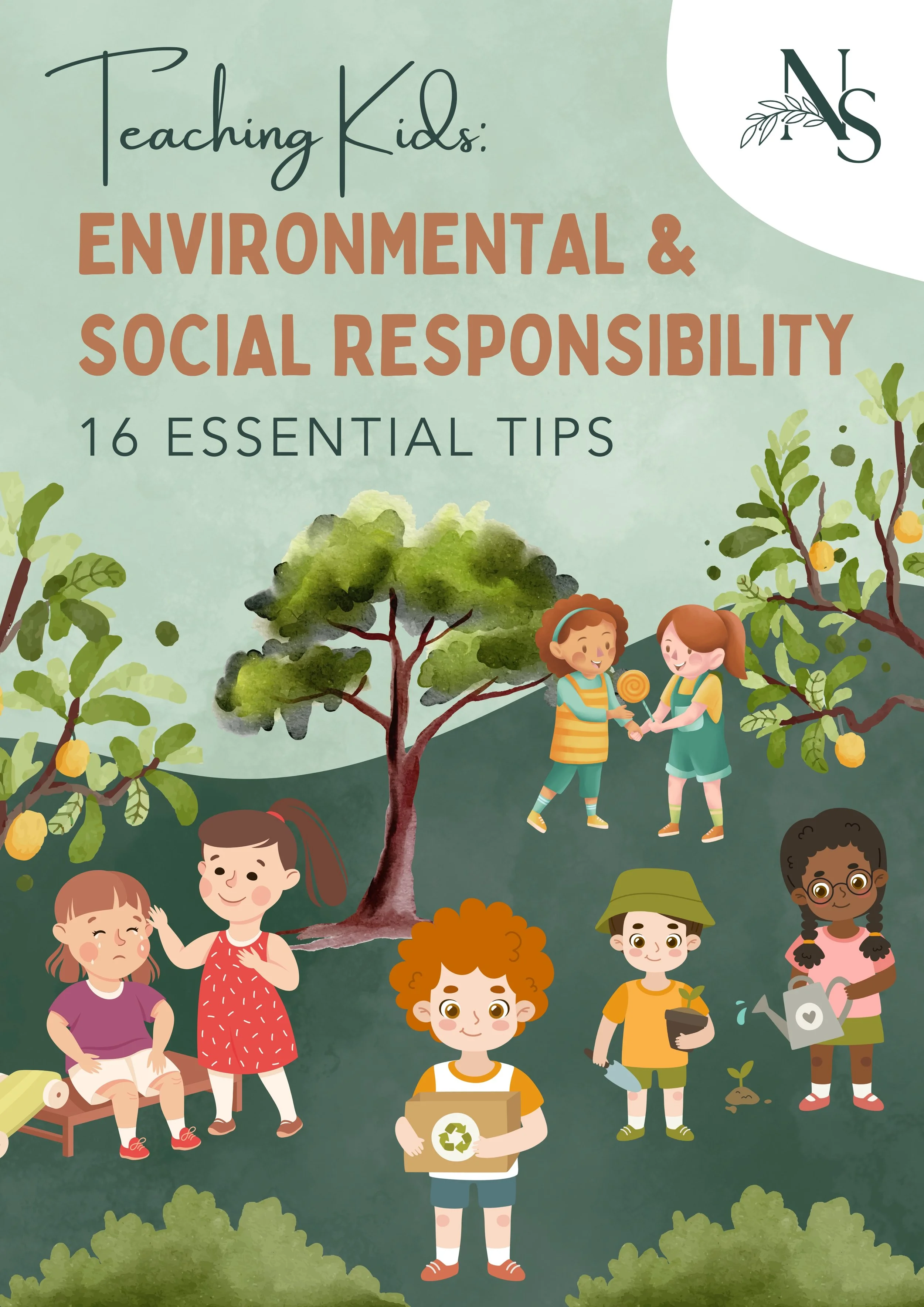Know before you go! The outdoor code to Leave-No-Trace ethics
As each of us venture into the outdoors, it's essential that we are responsible and environmentally conscious travelers. Leave-No-Trace (LNT) ethics provide a framework for each of us who venture into nature to minimize our impact on the environment, preserve natural beauty, and protect the wildlife habitats. The seven principles of Leave-No-Trace are designed to ensure our outdoor experiences are not only memorable but also sustainable for generations to come.
For a full explanation of why Leave-No-Trace ethics are crucial, reference our blog: Heading out to explore nature: Are “Leave-No-Trace” ethics really that important?.
Principle 1: Plan ahead and prepare
Before embarking on an adventure, research the area you plan to visit, including its regulations and weather conditions. Familiarize yourself with local flora and fauna, and assess your physical abilities. Proper preparation ensures you have the right gear, enough food and water, and a well thought out itinerary, minimizing the potential for accidents and resource depletion.
Principle 2: Travel and camp on durable surfaces
Stick to established trails and campsites whenever possible. By doing so, you help protect fragile ecosystems from unnecessary disturbance. Avoid trampling on vegetation, especially in sensitive areas like meadows or near bodies of water. Use designated campfire rings and stove areas to prevent fire spread and scarred landscapes.
Principle 3: Dispose of waste properly
Carry out all trash, leftover food, and litter from your trip. Never leave any waste behind, as it not only harms the environment but also negatively
impacts the experiences of future visitors. Follow the "Leave-No-Trace" philosophy by packing out all that you packed in, including biodegradable items. Use established restroom facilities, or if unavailable, dig a small hole at least 200 feet away from water sources to bury human waste.
Download the freebie!
Check out these 16 tips for teaching kids about environmental and social responsibility.
Principle 4: Leave what you find
Leave nature as you found it. Avoid picking flowers, disturbing historical or cultural artifacts, or taking home rocks and souvenirs. Preserve the environment for others to enjoy by not altering or damaging natural features. Remember, the beauty of nature lies in its pristine condition.
Principle 5: Minimize campfire impact
While campfires can be enjoyable, they can also harm ecosystems and leave lasting scars. Whenever possible, use a lightweight camping stove for cooking and rely on established fire rings. If campfires are allowed, keep them small and use only dead and downed wood. Ensure the fire is completely extinguished before leaving the area.
Principle 6: Respect wildlife
Observe wildlife from a distance, using binoculars or a zoom camera lens. Never approach or feed wild animals, as this can alter their natural behaviors and create dangerous situations. Give animals ample space to move freely and avoid disturbing nesting or resting sites.
Principle 7: Be considerate of other visitors
Maintain a respectful attitude towards fellow outdoor enthusiasts. Keep noise levels down, especially during quiet hours, to allow others to enjoy the serenity of nature. Yield the trail to others and follow any established rules or guidelines for the area you're visiting. Remember that everyone shares the responsibility of protecting our natural spaces.
In closing
By embracing Leave-No-Trace ethics, you become a steward of the environment, ensuring that the beauty of nature endures for generations to come. Each small action you take to minimize your impact on the wilderness contributes to the collective effort of preserving our planet's precious resources. So, before you go, commit to these seven principles, and leave the outdoors as pristine as you found it!
📌 Pin for later and check out our related blog, Heading out to explore nature: Are “Leave-No-Trace” ethics really that important?
Interested in another freebie?
Sign up to receive our exclusive guide to achieving natural elegance in your home through implementing a few key minimalist home décor principles.













